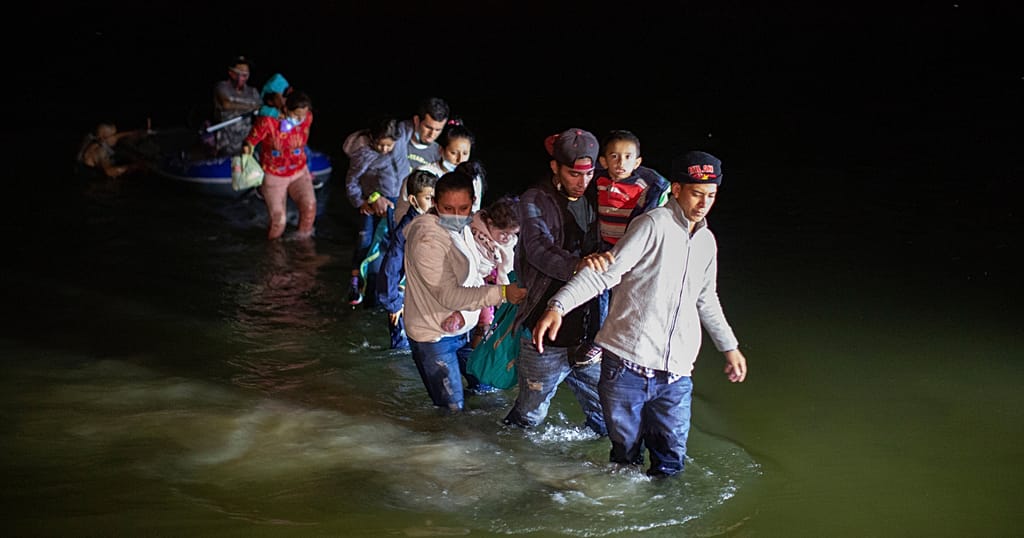Rédaction Africa Links 24 with Expresso das Ilhas
Published on 2024-04-12 14:52:47
The Minister of Agriculture and Environment, Gilberto Silva, highlighted the advances made in Cape Verde in terms of pesticide and chemical management, aiming to promote chemical safety and sustainable development. The minister made these statements to the press on the sidelines of the launch ceremony of the Project “Implementing Sustainable Low and Non-Chemical Development in Small Island Developing States,” held this Friday in Praia.
He explained that this project aims to strengthen the capacity of these small island developing states with a focus on promoting chemical safety, including Cape Verde, Guinea-Bissau, and Sao Tome and Principe. This involves a set of measures at the legislative level, strengthening institutions in terms of capacity and procedures, as well as enhancing the capacity of various other institutions involved in chemical management to ensure sustainable development free from the harmful effects of dangerous chemicals.
The minister mentioned that the project amounts to around 9.5 million dollars for the three island countries and also involves cooperation with the regional center of the three United Nations Environment Program conventions and the University of Lisbon. He considered this as a good opportunity for the countries to accelerate their steps in implementing the three conventions in an integrated manner in the sustainable development process.
Silva also highlighted the steps that Cape Verde has taken in improving the management of chemicals and pesticides. He mentioned the adoption of various measures to improve pesticide management, the creation of commissions, legislation related to chemical management, pesticide assessments, and the ongoing development of legislation in this area. Cape Verde plans to approve two decrees on this subject later this year.
He also mentioned that Cape Verde has decided to adopt environmentally friendly development measures through its strategic sustainable development plan, emphasizing the need to adopt measures in accordance with international directives. The implementation of this project will strengthen Cape Verde’s capacity and ultimately improve the environment and people’s health.
The Low and Non-Chemical Sustainable Development Implementation Program in Small Island Developing States (ISLANDS) is a five-year initiative worth 515 million dollars, partly supported by the Global Environment Facility, which is providing $75 million. It supports 33 small island developing states in the Atlantic, Caribbean, Indian, and Pacific regions to reduce and manage hazardous waste and enhance chemical management in their territories.
ISLANDS is led by the UNEP, in cooperation with the UN Development Program, the Food and Agriculture Organization, and the Inter-American Development Bank.
Read the original article(Portuguese) on Expresso das Ilhas



